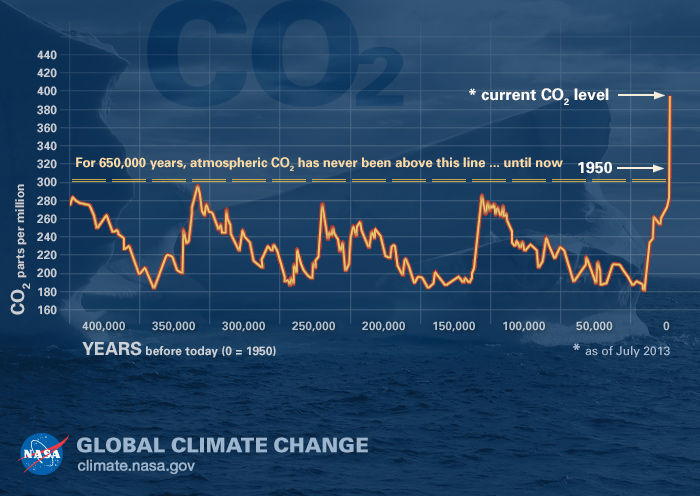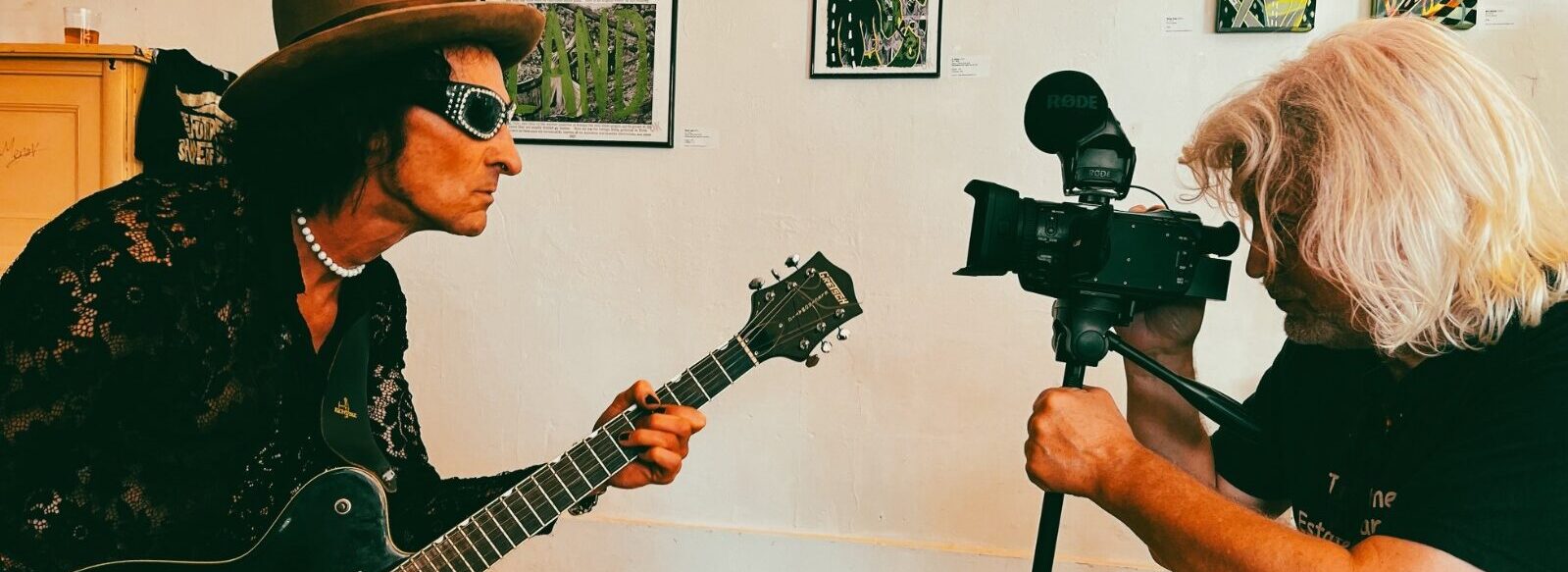
A few years ago, I simply stopped watching Question Time, the BBC’s premier televised forum for ‘topical debate’.
For a journalist with an interest in current affairs, it was important, if not essential, viewing. A panel of politicians, joined by academic or cultural figures – all drawn from a comparatively narrow social and political class – discuss the issues of the day before a live audience, which both asks the questions and gets stuck into the answers.
Some time ago, I decided the BBC’s current affairs showcase was just a talking shop far removed from the real world. I found it rather depressing, not always because of the panel, I must stress, as leaders and experts have their professional territories to defend and, therefore, will always protect their worldview.
What really depressed me was how confined the audience’s opinions were – usually more so than the panel before them. We might test children from the age of four in the idiotic exam-fest that is Britain’s education system, and we might have thousands of TV channels to choose from.
But if the usual level of Question Time debate is anything to go by, then they are obviously failing in the most basic terms of identifying the challenges, threats and opportunities our society faces.
Partly through my own aversion therapy and partly as ongoing research for my book, Psychopath Economics, I returned to the programme a couple of years ago to find the same lack of inquisitiveness among our political leaders and newspaper leader writers.
The point was amply illustrated by a question about the government’s dithering over allowing a third runway at London’s overstretched Heathrow Airport during yesterday evening’s edition, broadcast from Slough.
Audience member Duncan Reid got the show on the road: “Will Heathrow’s expansion provide the promised number of jobs? And can this justify the cost to the environment?”
Interesting and well-put questions which Duncan backed up, when challenged, by stating: “Well, Heathrow Airport Limited has not complained that the Davies Commission Report has happily traded the shortening of people’s lives for profit. And that cannot be right.”
Duncan was, of course, referring to the effects of nitrogen dioxide pollution on the people who live near Heathrow, mainly caused by the traffic struggling to reach the airport from the A4.
UKIP’s Mark Reckless was the first on the panel to tackle the question. As has become a UKIP tradition, he used the question to vent his party’s obsession with the European Union. Reckless railed against the EU’s lack of clarity on air pollution regulations, on the one hand, and its promotion of diesel vehicles, on the other.
His solution was to expand Gatwick Airport, south of London, so it could compete with Heathrow, and that “we should get on with doing it”.
Reckless was followed by the impeccably turned out Tory Jacob Rees-Mogg. He was all for extending Heathrow because “we need a functional airport that is close to London, that is well connected, allows us to compete internationally, [and] has all the routes to China and the Far East.
“Every project we come up with is stopped by a particle, a bat, a badger or a newt,” he concluded. “Well, what about people and thinking of the needs of our economy?” Cue applause.
Labour’s Emily Thornberry was up next, refuting another audience member’s assertion that London Mayor Boris Johnson’s plan for an airport in the Thames Estuary was the best solution. But apart from saying Heathrow could not be expanded until the diesel threat was removed, we didn’t get to hear where she thought the new runway should go – if, indeed, it should go anywhere.
And then the debate made its inevitable foray onto the economic rationale when another audience member said Heathrow’s expansion would “add £100bn to the economy”.
Piers Morgan, a man never knowingly short of an opinion, took up this point with gusto. “In the time we have dithered over this, China has built 80 new airports, never mind just extra runways. The reason Europe seems to be in decline is precisely because of this kind of nonsense.
“Heathrow is a world-class airport. It’s a massive asset to this country. And, frankly, we should be looking at not just one new runway, but probably two.
“And I would build another spanking new airport just outside the M25 and with travel into central London. And I would make [us] the European hub for anyone coming from America or China or the Middle East or wherever. And I would do this fast so we can actually seize the moment and not let [businesses] – as Willie Walsh, the BA guy, [did] this week – say ‘we’ll take our business to other countries’.
“This is a dangerous situation for our economy.”
Stirring words, indeed. But, of course, if we’re talking really dangerous situations, then there’s a much bigger and more threatening context to this whole debate that didn’t get the slightest mention. Even from the SNP MP, Hannah Bardell, who had just enough time to say before the credits rolled that she’d happily have the new aviation capacity located in Scotland.
That unmentioned, more dangerous context is, of course, the environment. Or, more precisely, the effects of climate change, a topic which exercised world leaders’ minds in Paris last week – at least temporarily.
The UN’s 21st climate change conference since 1995 ended with a commitment to limiting the global average rise in temperatures to as close as damn it to 1.5 degrees centigrade as possible.
The Question Time panel could have been asked what they thought of this “historic, durable and ambitious” agreement and what it could mean for our lives, but they weren’t. Any one of them could have taken up the climate change angle to the question they were asked on Heathrow, but they didn’t.
No one challenged Morgan and Rees-Mogg et al on the existential threat posed by rising temperatures; or whether the 1.5 degree target is achievable or even necessary; or how expanding Heathrow fitted into the glorious low-carbon future that Britain has signed up to.
There was no mention, either, of the cuts in subsidies for solar installations revealed this week, or the 6,000 solar technicians’ jobs already lost as a result of similar cuts made since 2010 to an industry regarded as on the cusp of major growth.
In other words, the whole focus on ‘economic issues’ was a very narrow one indeed, given the commitments that our government made in Paris, and the likely effects that our continuing carbon emissions will have on our planet.
And if the climate scientists are right, this is where the very real threats to our wellbeing lie. The most dangerous trends are already clearly in evidence – from storm-submerged Carlisle and drought-hit California, to the tide of Syrian refugees risking their lives to reach Europe.
Yet far from confirming the sheer scale of the challenges we face, the Paris agreement seems to have reinforced our collective complacency and the notion that we are the masters of creation.
What the mainstream, corporate press and media do not generally tell us is that even containing global warming to the 1.5 degree limit is probably not achievable and would probably not save us even if it was.
For we have already set in train a series of long-term positive feedback loops that will almost certainly fuel rapid, uncontrolled warming and significantly higher sea levels. This much is clear, as this talk by world-renowned professor of economics and sustainable development, Jeffrey Sachs, shows.
So rather than the convenient settling of our climate that the celebratory statements around Paris suggest, we are on course for ever more serious droughts, storms and floods, along with the increases in conflict, migration and food shortages all this will entail.
In short, what we face is far worse than anything the likes of ISIS can do to us, yet it’s these albeit abhorrent threats from our human enemies that absorb our collective imagination. The gathering environmental storm we have stoked is emotionally neutralised by what Sachs describes as the “internationalisation of indifference”. The evidence is that our indifference will kill us – or, at least, our children.
The problem is that climate change doesn’t have a face; we can’t anthropomorphise the forces of flood and drought. What’s more, there are plenty of corporate interests that want to prevent the majority of us from visualising the symbols and narratives that reflect the existential threat that climate change poses.
That’s because much of the ‘elite’ doesn’t like what combatting climate change implies: the need for co-operation. The financial and corporate elite is too sold on its own symbols of status. It doesn’t like to think we humans are inter-dependent, because that would imply a moral imperative to reduce inequality.
And this is the point: human consciousness – the ‘reality’ we feel and believe – is nothing but a social and emotional construction. We inhabit a world of symbols and narratives, most of which are supplied ready-made by media and advertising executives. History shows that disaster ensues when the emotional and symbolic universe we inhabit becomes detached from the physical reality of living on a finite planet. Unfortunately, this is where we are today.
In other words, thanks to the all-pervading, multi-billion dollar infrastructure of ‘reality maintenance’, unprecedented in human history, we are repeating exactly the same terrible mistakes of previous civilisations – only, this time, on a global scale. We’ll have nowhere to escape when the proverbial really hits the fan.
Yesterday’s Question Time was but a microcosm of the consciousness straightjacket that political discourse is confined within. Worse reality distortion happens elsewhere – just watch Fox News on an average day.
But unless we somehow wake up to the terrible environmental debt we have created, then all we are doing is robbing and lying to our children, as well as ourselves. Without a stable climate, there will be no economy, period.
We need to deconstruct the entire set of institutions and belief systems that maintain our unreal and unsustainable lives, along with the interests that seek to enforce them. We need to repudiate the view that trade is sacrosanct whatever the cost. And we need to embark on this soon.
You won’t hear such things uttered on Question Time, but anything less and we’re surely signing our own death certificate.
